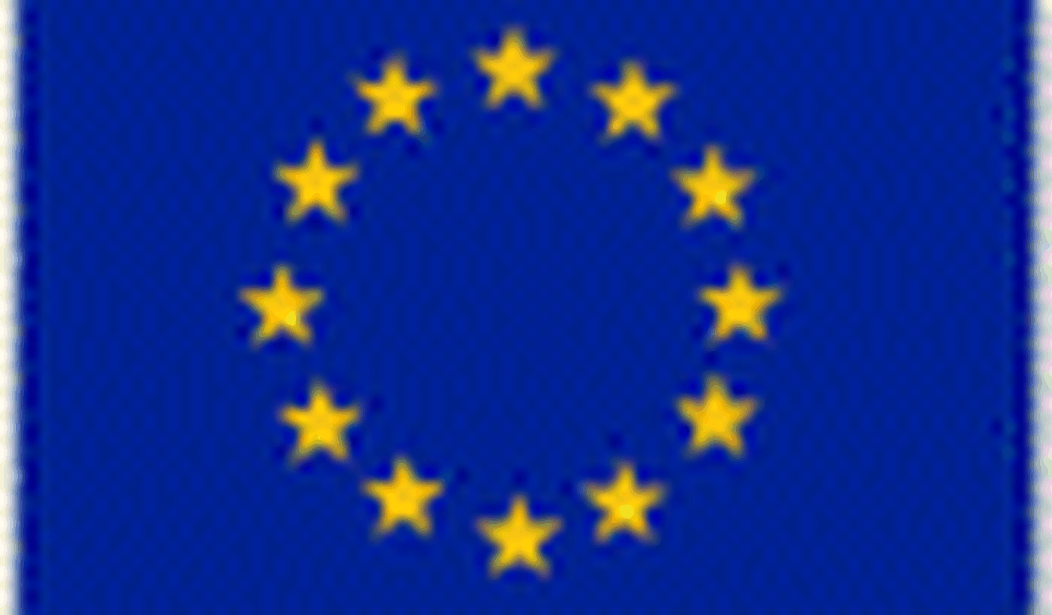The crisis in Georgia seemed to catch much of the West napping.
Coinciding with the opening day of the Beijing Games — no Olympic truce in these cynical times — Europe and the U.S. were reduced to spluttering about sovereignty and demanding a ceasefire even as Russian forces advanced towards Tbilisi and reports of mass civilian casualties began to emerge. But beneath the headlines, the crisis poses serious questions for Europe and its strategy, such as it is, for dealing with a resurgent and potentially menacing Russia.
Europe has prided itself, in recent times, on the success of so-called “soft” power in achieving its goals. This can be seen most clearly in the enlargement of the European Union from 12 member states in 1986 to 27 today — with the dangling carrot of EU membership acting as a catalyst for reform in countries across Eastern Europe. This forms the basis for European policy, not only towards the former Yugoslavia and erstwhile Soviet states like Ukraine, Georgia, and Armenia (who form the object of the EU’s “neighborhood policy”), but also towards Russia itself. By locking former enemies into the international system through ever-closer economic, cultural, and political ties, so the theory goes, conflict becomes a less and less attractive means of solving problems. EU diplomats are fond of implying that Americans are from Mars, forever sabre-rattling and warning of air strikes, while Europeans are from Venus, preferring saturation love-bombing of their targets. The American retort is less flattering; as George Bush might put it, the problem with Europeans is that they don’t have a word for cojones.
The failure of the ongoing EU/U.S. good cop/bad cop routine with the Iranian regime demonstrates the limits of soft power when dealing with a regime that’s not interested in playing the game by your rules. The mullahs are unimpressed by smooth European officials whose mantra seems to be to speak softly, but on no account carry a stick. Russia’s contempt for Western criticism merely emphasizes the point. This is acutely problematic if you’re Georgian, obviously, but it also carries long-term problems for Europe itself, because Russia’s actions have repercussions far beyond the Caucasus.
The Russians justified their military intervention with reference to the situation of ethnic Russian residents of South Ossetia and Abkhazia, and indeed the Georgian president had played into their hands by sending the tanks into the former at the beginning of the month in a thuggish, heavy-handed attempt to quell separatist sentiment. This gave Moscow all the cover it needed; after all, it gave the citizens of South Ossetia Russian passports in 2003. (This trick is worth keeping an eye on; Ukrainian politicians allege that Russia has been doling out passports to residents of the Crimea, too.)
But the unsubtle treatment meted out to Georgia serves a number of other purposes, too. Chief among them is to reassert Moscow’s supremacy over its “near abroad,” the sphere of influence that is being eroded by the ongoing unification of Europe. Russian Prime Minister Dimitri Medvedev barely even bothered to cloak his rhetoric in the usual niceties this week. “If anyone thinks that they can kill our citizens and escape unpunished, we will never allow this,” he rumbled. “If anyone tries this again, we will come out with a crushing response. We have all the necessary resources, political, economic, and military.” Consider yourselves warned.
Russia’s actions also threaten the supply of oil and natural gas from the Caspian Sea through Georgia and Turkey to the West through pipelines including the EU’s Nabucco project, designed to reduce European reliance on Russian natural resources. (This is one “war for oil” that the Left seem relatively relaxed about.) Indeed, this may in the longer term be the bigger picture as far as Moscow is concerned. Russia has not hesitated to use energy as a weapon in disputes with former Soviet republics, and the high price of oil makes it a mighty bargaining chip in discussions with European nations. Seen in this light, it’s hardly surprising that the European response has been so pitiful; the Russians have us, quite literally, over a barrel.
That response has been wearily predictable. In a newspaper article a few days ago, France’s Nicholas Sarkozy opined that the crisis demonstrated the need for stronger European institutions: “Had the Lisbon Treaty, which is in the process of being ratified, already been in force, the European Union would have had the institutions it needs to cope with international crises.” Seasoned EU observers will immediately notice that this is what they always say in these situations; last year, when the Russians threatened to cut off our gas, we were told that it highlighted the need for a common European energy policy. This presupposes that the European response to these threats is weak because EU institutions are weak, which is of course nonsense.
You can set up all the committees you like, but without the political will to forge a policy towards Russia that is coherent and, above all, not spineless, Sarko’s words are just so much Euro-boilerplate. France and Germany are desperate to avoid confrontation; they are stymieing U.S. attempts to punish Russia for its actions in the Caucasus, even vetoing token sanctions like suspending bilateral co-operation forums, unshakable in their conviction that there’s no dispute that can’t be ironed out with a few nice long meetings.
Newer EU entrants like Poland and the Baltic states have no such illusions; Georgia is far from innocent in this fight, but they know that there, but for the grace of God, go themselves.
A newly assertive and belligerent Russia is reviving the classic and occasionally bloody game of power politics that Europeans swore to renounce after 1945. No one wants to see a return to Cold War politics; but a degree of hard-headedness, however belated, would not go amiss in the various capital cities of the EU.
Just like us to bring a knife to a gunfight.









Join the conversation as a VIP Member